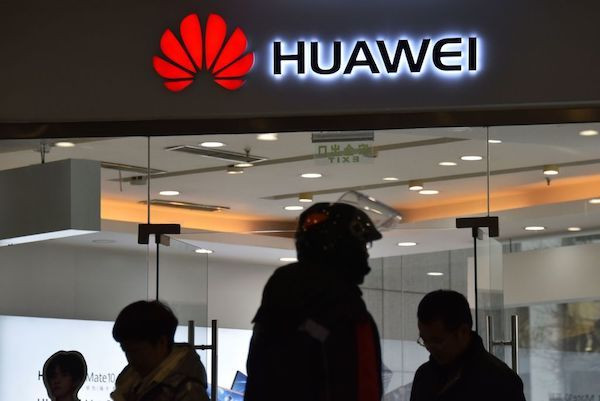Huawei CFO’s Arrest Triggers US, China Business Execs To Cancel Overseas Trips

American and Chinese business executives have canceled their trips to each other’s countries for fear of possible arrests following the captivity of Huawei Technologies chief financial officer Meng Wanzhou last week, different consultancy firms revealed Tuesday.
According to Hong Kong-based security consultancy A2 Global Risk managing director Bradley Allen, they noticed a spike in business trip cancellations toward the end of last week, mostly from American clients who were worried of traveling after Meng’s arrest.
Shaun Rein, the managing director of marketing consultancy CMR China, also told Nikkei that the main concerns of many American business executives have to do with the possibility that China might retaliate over Meng amid the ongoing U.S.-China trade war.
“Following the arrest in Canada of Meng Wanzou of Huawei, we have noticed a marked increase in inquiries from U.S.-based companies concerned as to potential problems with traveling senior executives,” Hong Kong political risk consultancy SVA CEO Steve Vickers disclosed.
The consultancy agencies collectively said that American businessmen and businesswomen fear a possible retaliation from the Chinese government, which has vocally expressed its anger against Meng’s arrest. At the same time, Chinese executives also worry that Donald Trump’s administration could also issue arrest warrants due to the tensions between the two countries.
Meng, who was arrested Dec. 1 at Vancouver Airport in Canada, is currently appearing in court for bail hearing. The first day closed without a decision, so the heir apparent to the Chinese tech giant is coming back Tuesday. Her lawyers argued Monday that she is in poor health and is unlikely to flee, so she should be released prior her extradition hearing, the Washington Post reported.
Huawei is currently the world’s biggest supplier of telecommunications network equipment. It is also the second largest smartphone producer as of late. Thus, Meng’s arrest in Canada while traveling to Mexico from Hong Kong appeared to be suspicious considering that Chinese President Xi Jinping and Trump were at the Group of 20 summit in Argentina to discuss the trade war on the same day.
Both the U.S. and Canada have said very little about Meng’s case ever since news of her arrest broke last week. On the other hand, China has warned Canada of “severe consequences” should the latter fail to immediately release Huawei’s CFO.
Canadian Prime Minister Justin Trudeau has denied any political motivation for the arrest of Meng. He told reporters that the Canadian government did not play a role in the captivity even though they were informed about it a few days beforehand. He also assured everyone that Canada has an independent judiciary, as per the BBC.
For Time, Meng’s arrest could be the culmination of the U.S. government’s long campaign against Huawei. Early this year, the CIA and FBI warned consumers to ditch and not buy Huawei products, especially its smartphones, because they allegedly provide the company the capacity to conduct espionage. Following which, AT&T and Verizon both decided to terminate their deals to sell Huawei’s devices in the U.S.
In response to the accusation, a Huawei spokesperson issued, at the time, a statement to CNBC saying, “Huawei is trusted by governments and customers in 170 countries worldwide and poses no greater cybersecurity risk than any ICT vendor, sharing as we do common global supply chains and production capabilities.”
© Copyright IBTimes 2025. All rights reserved.




















